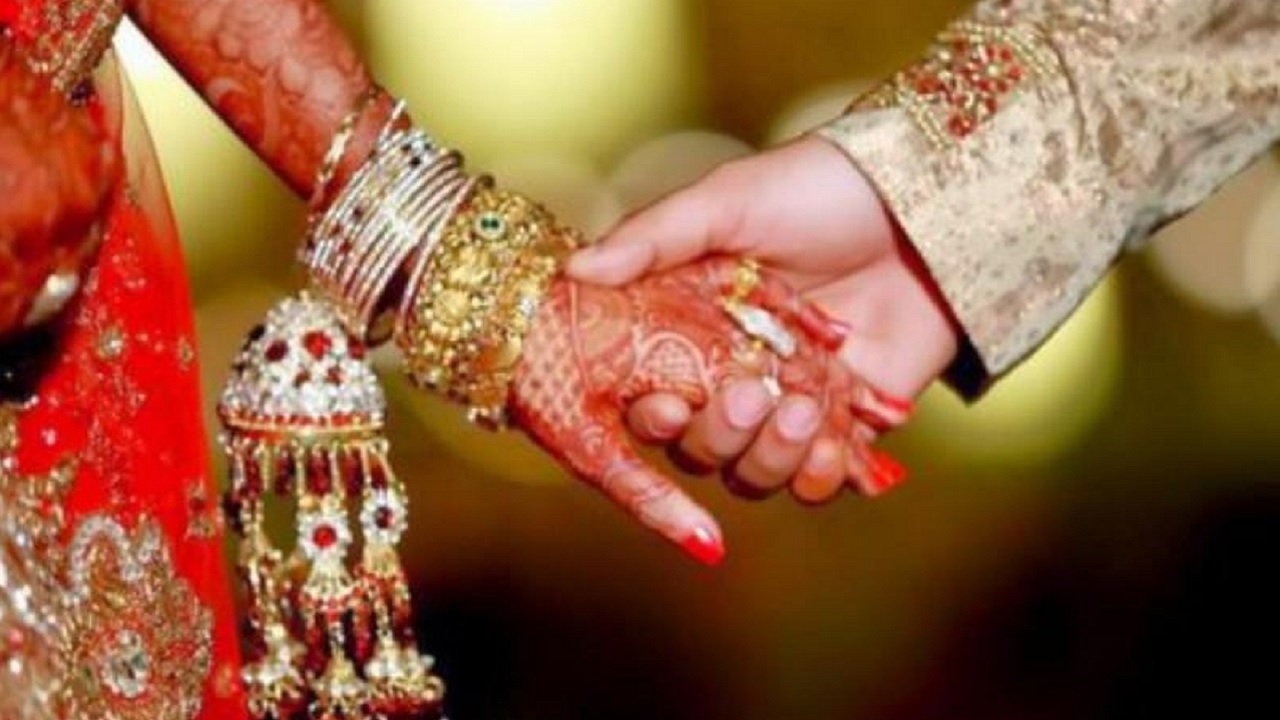Case Title: Dolly Rani v. Manish Kumar Chanchal
Case No.: Transfer Petition (C) No(S). 2043/2023
Dated on: April 19, 2024
Quorum: Hon’ble Justice B.V. Nagarathna and Hon’ble Justice Augustine George Masih
Facts of the Case:
The case involves a transfer petition filed by the petitioner-wife, seeking to transfer a divorce petition filed by the respondent-husband from Muzaffarpur, Bihar to Ranchi, Jharkhand. The petitioner-wife and respondent-husband, both were trained commercial pilots, claimed to have married on 07.07.2021 but never performed customary Hindu marriage rites. Instead, they obtained certificates of marriage from a registered entity. The court ruled that the marriage was not valid under Hindu Marriage Act, declaring the marriage certificates null and void. Subsequently, all legal cases between the parties were quashed, and the transfer petition was allowed.
Issues framed by the Court:
- Whether the marriage between the petitioner and respondent is valid under Hindu law?
- Whether the certificates issued regarding the marriage hold legal significance?
- Whether the registration of the marriage under the Uttar Pradesh Marriage Registration Rules, 2017 is valid?
- Whether the parties have acquired the status of husband and wife?
- Whether the cases filed by the parties against each other should be quashed?
- Whether the joint application filed under Article 142 of the Constitution of India should be allowed.
Legal Provisions:
Section 7 of Hindu Marriage Act, 1955: It outlines the rituals and ceremonies for the solemnization of a Hindu marriage.
Section 8 of the Hindu Marriage Act: Deals with the registration of marriages. It provides that the State Govt. can make rules for registering marriages.
Contentions of the Appellant:
The appellant argued that there was no valid marriage between the parties according to Hindu Marriage Act, as the requisite ceremonies for a Hindu marriage were not performed. It was also alleged that there was a demand for dowry made by the respondent’s family, which led to differences between the parties. The appellant filed a petition for divorce under Section 13(1) (ia) of the Hindu Marriage Act, claiming that there was a valid marriage. However, the appellant contended that there was no valid marriage, so the divorce petition was based on false grounds.
Further, the appellant and the respondent agreed to file a joint application under Article 142 of the Constitution of India, seeking certain reliefs, including a declaration that the marriage was not valid and quashing of various cases filed by both parties against each other.
Therefore, the main contention of the appellant was that there was no valid marriage between the parties, and therefore, the divorce petition and other cases filed by the respondent should be quashed.
Contentions of the Respondent:
The main contention of the respondent was that, although the marriage between the petitioner and respondent lacked compliance with the requisites of Hindu marriage ceremonies, it was registered before the Registrar of Marriages. As a result, the respondent argued that despite the absence of traditional Hindu marriage rites, the registration deliberated legitimacy to their marital status, justifying the filing of the divorce petition.
Court’s Analysis and Judgment:
The SC, in its analysis to this case, addressed the transfer petition filed by the petitioner-wife seeking the transfer of a divorce petition to another jurisdiction. The court further noted that the parties, although claiming to be married, did not necessarily fulfil the requirements for a valid Hindu marriage under Section 7 of the Hindu Marriage Act, 1955. Despite obtaining certificates of marriage, the court found that no proper marriage ceremonies were conducted, rendering the certificates null and void.
The court emphasized the sacred and sacramental nature of Hindu marriage, highlighting the importance of solemnizing the marriage with due ceremonies. It criticized the trend of couples seeking registration of marriages without fulfilling the essential rituals, cautioning against trivializing the institution of marriage.
Based on its analysis, the court declared that the marriage between the parties was not valid under Hindu law. Thus, the certificates of marriage were declared null and void, and the parties were deemed to have never attained the status of husband and wife. As a result, the divorce petition, maintenance case, and criminal case filed by the parties were quashed. In its judgment, the court allowed the application filed under Article 142 of the Constitution, granting the relief sought by the parties. The transfer petition was disposed of, and any pending applications were also disposed of accordingly.
“PRIME LEGAL is a full-service law firm that has won a National Award and has more than 20 years of experience in an array of sectors and practice areas. Prime legal fall into a category of best law firm, best lawyer, best family lawyer, best divorce lawyer, best divorce law firm, best criminal lawyer, best criminal law firm, best consumer lawyer, best civil lawyer.”
Judgement Reviewed By- Shramana Sengupta


